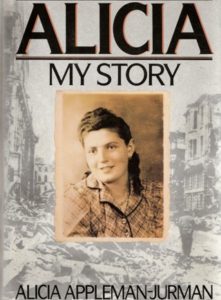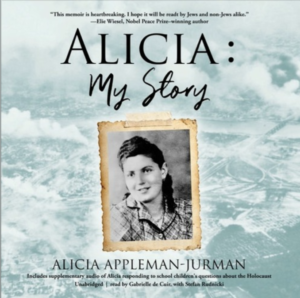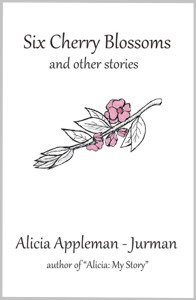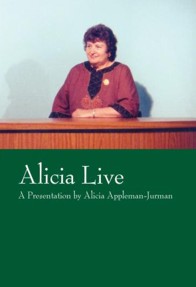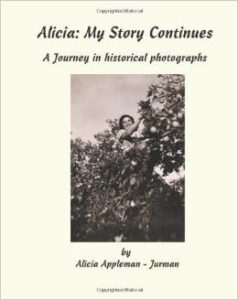To Educators and Members of School Boards:
Everyone has heard the expression “Reinventing the wheel”. In our society, this expression is most frequently applied where past experience is not preserved or is ignored, and past mistakes are repeated as part of a relearning process.
Not only individuals, but nations and, indeed, humanity as a whole continually “reinvent the wheel” and in the process repeat the mistakes of the past, over and over again.
The study of history, imperfect though it may be, is mankind’s most effective means to install the lessons of the past into the consciousness of those who will determine the future.
The most significant event in recent world history, in terms of its revelation of both the peaks of heroism and the depths of cruelty and depravity which humans can experience, was the Second World War. These actual experiences, in conjunction with the moral teachings of our religions, aid the student in understanding what is possible, what is right and what is wrong, and how to recognize evil.
In most schools today, World War II is taught as part of World History. In terms of duration it represents only a tiny fraction of recorded human experience. As a result, it may occupy only a page or two in history textbooks and only a small proportion of class time. The student is left with only a general idea of what happened… colored to some extent by what is shown in the cinema and popular adventure stories.
What happened in World War Two is especially relevant to what is happening in the world today. Of particular importance was the systematic extermination of about eleven million human beings, six million Jews and five million Gypsies, other nationalities and political prisoners. Both in terms of numbers and its nature, genocide as applied to the six million Jewish people, this event was almost unique in recorded history.
What events led to Hitler’s rise to power? What led an educated, cultured people to condone a philosophy based on racism and conquest? What led them to accept and participate in acts of mass murder? What must one look for in our present society, which might indicate a resurgence of racism and intolerance? Now that we understand what people are capable of doing to each other in the name of ideology, what should we do to prevent recurrence of a Holocaust?
Some class time should be devoted to study of the tragic and inhumane treatment of the Jewish people by Nazi Germany. Many survivors have written books describing their experiences. Some of these have received awards for literary merit and have had worldwide distribution. Students who read one or more of these books as part of their classwork will gain a deeper insight into the real nature of the ultimate consequences of intolerance.
Some educators may hesitate to bring the horrors of the Holocaust into the classroom because it would sadden the students. But students have the right to know. To build a secure future, they must learn what happened in the past. The history of the Holocaust includes stories of heroism and self-sacrifice, and insights into human responses to hardship, which can inspire students.
Wherever this can be arranged, a Jewish survivor should be invited to tell his or her experiences. Today’s students are the last generation able to meet a living survivor and hear a personal account of what actually happened.
Jewish survivors of the Nazi genocide are particularly, and rightfully, concerned that the lessons of the Holocaust be remembered. They bear witness to what happened during that period and refute those who would like to rewrite history.
Their memoirs deal with the atrocities committed by the Nazis and collaborators of other nationalities, true, but they also deal with the emotions, reactions and resistance of the victims. Many describe Jews who fought back heroically but did not survive to tell their own stories.
Experience has shown that students are very interested in the Holocaust. Letters the survivors receive after their presentations are magnificent and show great sensitivity and understanding. In many cases, the students have written how they have applied their new understanding of what survival means to their own lives.
Survivor speakers frequently do not ask for a fee for their presentations. They offer their services with love and dedication because they believe that knowledge and understanding of the Holocaust is a gift from their tragic generation, a legacy to the generation of today to cherish and honor, and a legacy of the beauty of children and their heroism.
Alicia Appleman-Jurman
September 26, 1990
